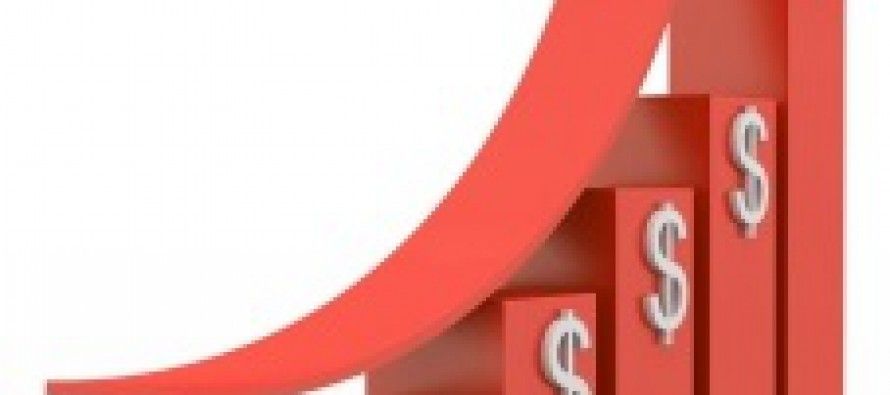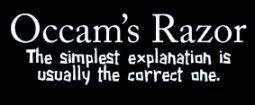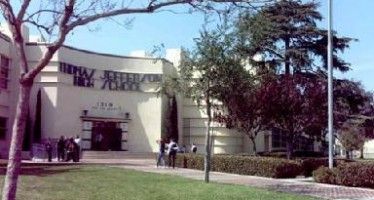CA left’s absurd new dogma: Regulations have no downside

 Businesses like to make money. Smart business owners are happy to change their ways in search of how to increase or maximize profits. The hostility to change that one sees in a bureaucracy with no vested interest in making things work better or more efficiently doesn’t exist in a well-run private sector company that wants to thrive.
Businesses like to make money. Smart business owners are happy to change their ways in search of how to increase or maximize profits. The hostility to change that one sees in a bureaucracy with no vested interest in making things work better or more efficiently doesn’t exist in a well-run private sector company that wants to thrive.
This basic motivation is what let Harvard economist Robert Stavins — a supporter of AB 32 — to warn six years ago of the folly of AB 32 supporters depicting it as a job-creation program with almost no downside. If requiring California’s businesses to switch to cleaner but costlier energy would help their bottom line, of course they’d be for it, Stavins noted.
He’s not just another mouthy academic. He’s arguably the world’s leading environmental economist.
Minimum-wage hike? It’s all good!
Now, on the minimum wage, we are seeing the exact same phenomenon from the California left. Instead of essays that say raising the minimum wage is overall a good thing — even though it will hurt some companies and some niche fields by making them less competitive with rival companies that don’t have the same pay edicts — we’re seeing argument after argument that raising the minimum wage is a no-brainer with no downside. Take it away, San Francisco Chronicle:
Raising the minimum wage — at least in Oakland — would have widespread positive impacts, economic and otherwise, and almost no downside, according to a UC Berkeley report scheduled to be released Friday.
The findings generally hold true for other Bay Area cities considering minimum wage hikes, including San Francisco, Berkeley, Richmond and Concord, researchers said.
“Raising the minimum wage puts more money in the pockets of consumers, and they’ll tend to spend it locally, which is good for the local economy,” said Ken Jacobs, chair of the UC Berkeley Center for Labor Research and Education, which conducted the study. “What you don’t see with minimum wage increases is a negative impact on employment or the economy.”
In Oakland, raising the minimum hourly wage to $12.25 — a measure expected to appear on the Nov. 4 ballot — would boost the paychecks of up to 48,000 people by at least $115 million, according to the study.
That translates to fewer people dependent on taxpayer-subsidized social programs, lower worker turnover, higher worker performance and more money spent at local businesses, Jacobs said.
No media push-back against extreme claims
 I know all sides of the political spectrum argue fervently for causes whether or not they have the facts on their side. But it really does seem to me in the Obama era that the left is pushing this tactic to an extreme, and that the media don’t respond with the vigor they should.
I know all sides of the political spectrum argue fervently for causes whether or not they have the facts on their side. But it really does seem to me in the Obama era that the left is pushing this tactic to an extreme, and that the media don’t respond with the vigor they should.
Remember, Stavins is one of the most respected economists in the world. His Occam’s razor, cut-to-the-chase point about the folly of asserting that regulations help business has never appeared in any California news story about AB 32 of which I’m aware. Instead, it has appeared on The Wall Street Journal’s opinion page and in what I’ve written for the Union-Tribune, Cal Watchdog and other outlets.
Why? I don’t know. But the idea that it’s 2014 and the claim from a “labor center” that regulation boosts the economy goes unchallenged in major newspapers like the S.F. Chronicle is pretty stunning.
And depressing.
Related Articles
Housing lawsuits pit the state vs. Huntington Beach
The city of Huntington Beach and the state government are suing each other over the state’s attempts to require that
The Politician's Whisperer
Katy Grimes: Jerry Brown is known for the “uncanny ability to reinvent himself.” However, Brown’s political record is all over the
Fiasco at all-minority L.A. high school validates Vergara argument
The immense fiasco at 100 percent minority Jefferson High School in Los Angeles underscores the findings of Judge Rolf Treu




